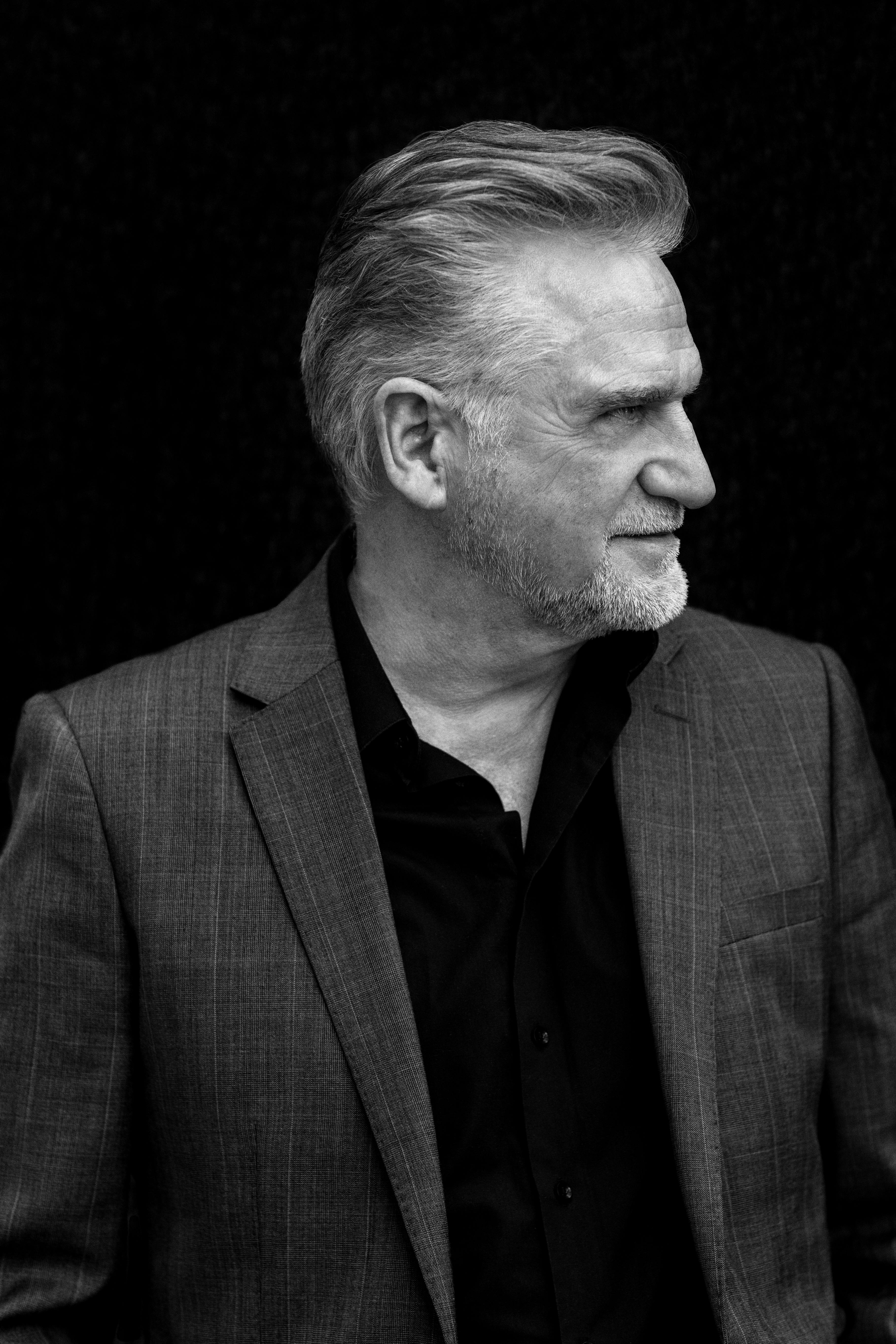About
John Johnston graduated with a PhD from the University of Sunderland, presenting a portfolio and thesis that highlighted the intrinsic connectivity between artistic thinking and conflict transformation. He presents a hybrid identity of artistic activist - educator and openly promotes an issues-based arts pedagogy as a vehicle for social change.
He asserts that the world is in the grip of an apathetic education system promoting a culture of inertia. This leads to the de-politicisation of society and a loss of agency. John states that an issues-based arts education counteracts the effect of political and cultural inertia and leads to the development of the caring critical society we need to change the world.
During the four-year research period of the UNESCO Mandate, Johnston will construct a research team comprised of staff and others including artists, academics, educators, and cultural workers. Together with this team, Johnston will explore how 'Issues Based Arts Education' can be used as a tool to promote social cohesion and intercultural dialogue. Issues Based Arts Education, abbreviated as IBAE, is an adaptable teaching approach that emphasizes pressing themes relevant to people, their circumstances, and the present moment. Ultimately, IBAE places the issue itself at the heart of a creative exploration, enriching both individual and collective awareness.
